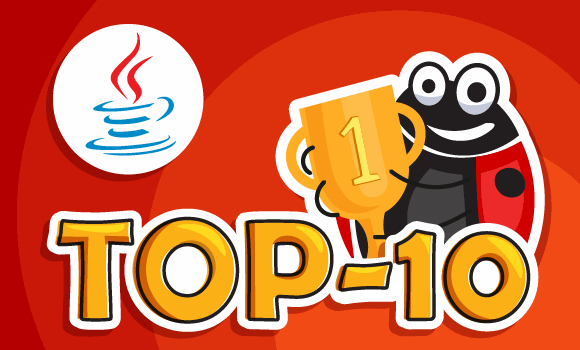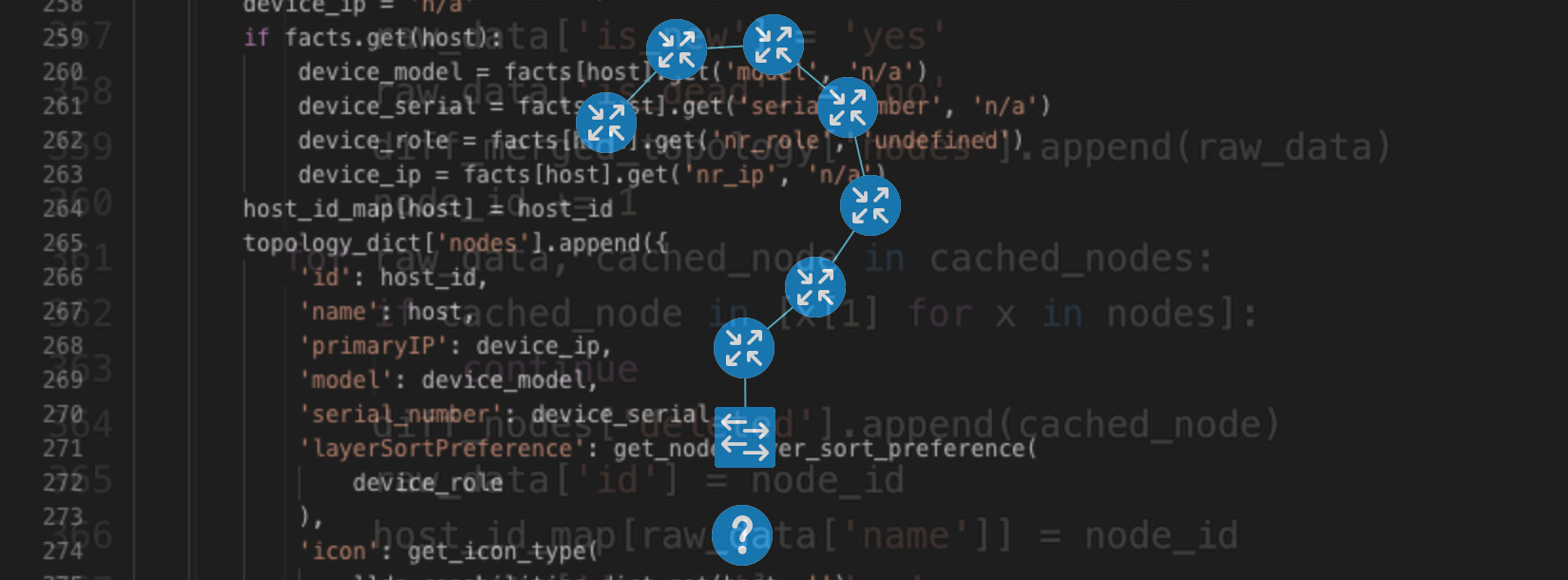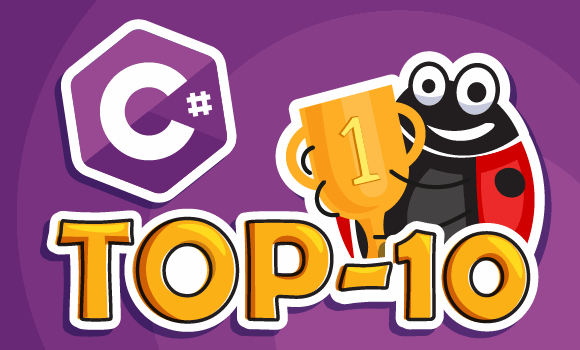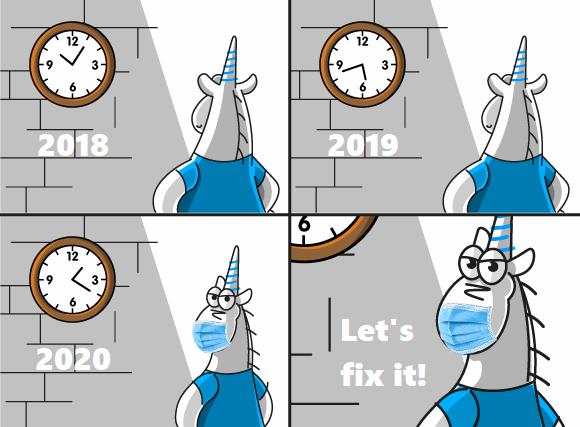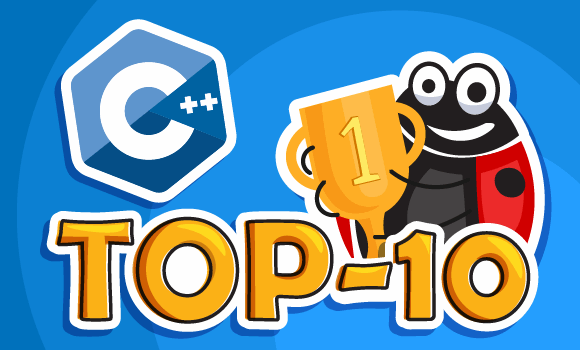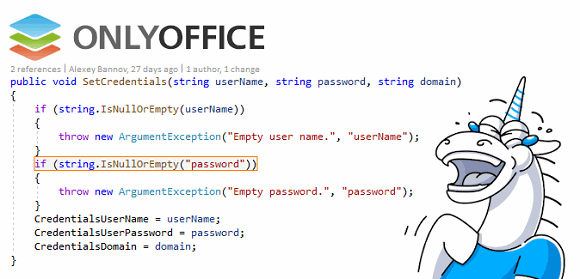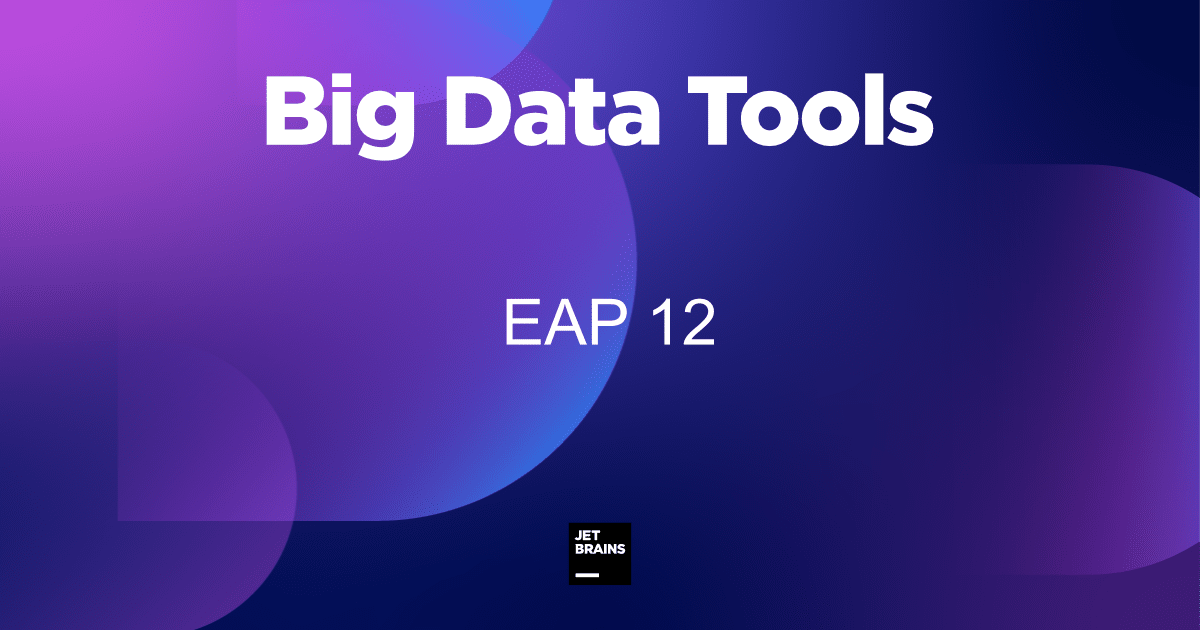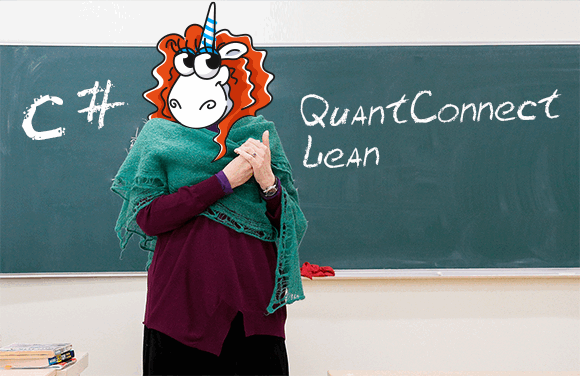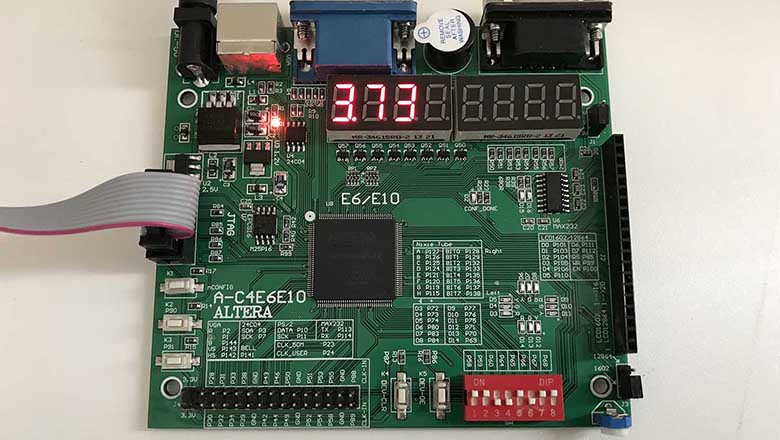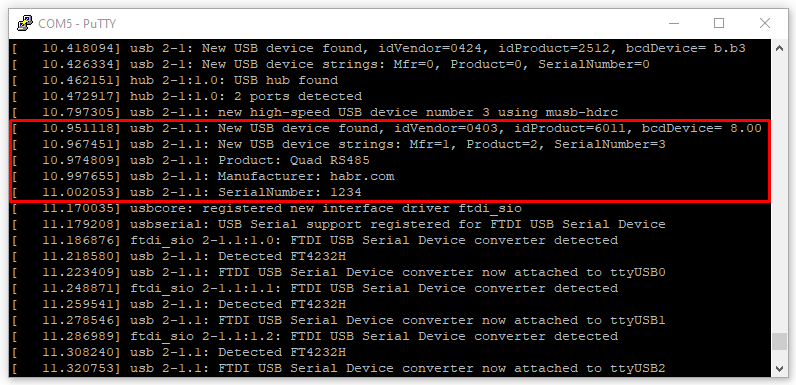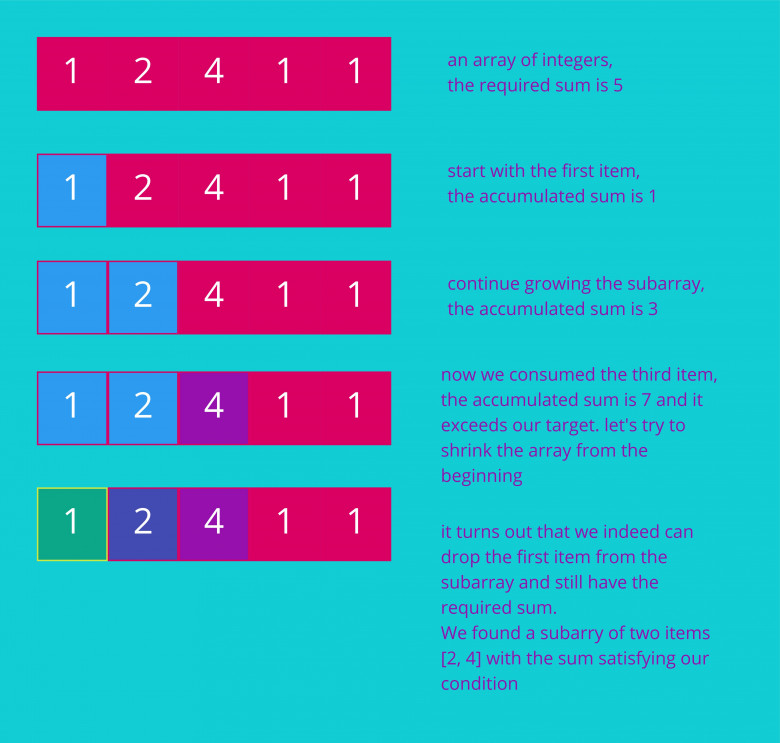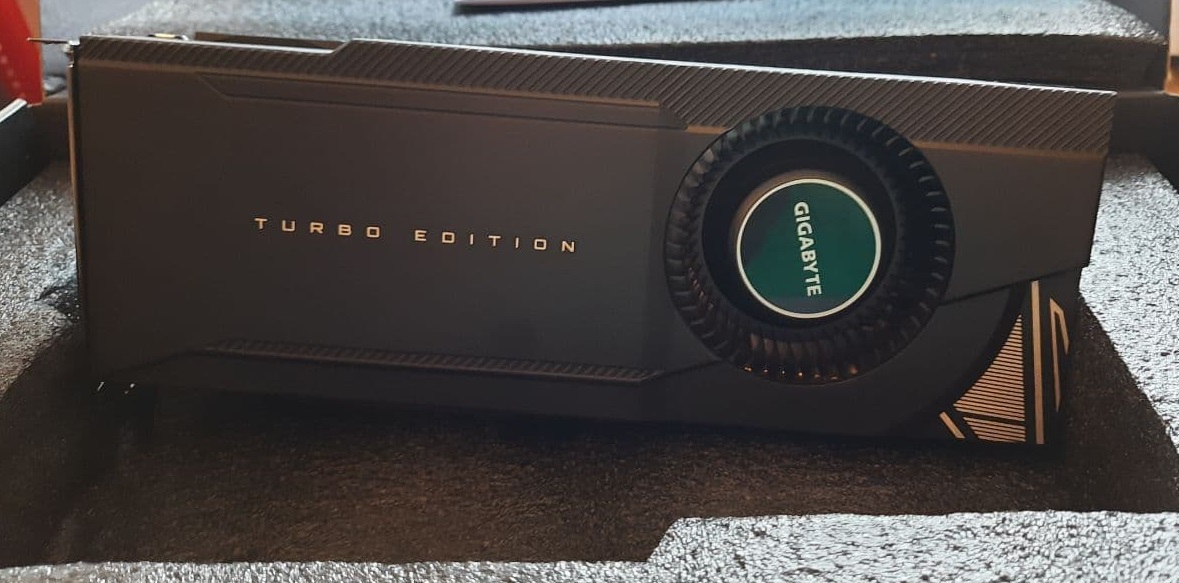This tutorial is aimed to help Django beginners who want to run a project on Heroku while storing static files on AWS S3. While being a major help for web developers, both services can be hard for beginners to set up correctly. I’ll admit these topics can be found covered separately elsewhere, but there are also some unaccountable nuances if you are trying to make both work in a single project.
Personally I couldn’t find a source which would not only cover Heroku deployment or S3 usage, but would address those nuances as well. Reading the manuals trying to figure out what do you have to do to deploy a project correctly might be an important part of learning, but it can also make you lose focus on what you are currently trying to study or, even worse, discourage you altogether. If this is your story, look no further. I hope instructions below will help you to deploy your project in a single track without having to consult with other resources.
The text is broken down into 3 logically distinct chapters: prerequisites for local Django app (a mini-chapter), integrating AWS S3 into your app for storing static files, and finally deploying to Heroku. You might not want to go through the entire process in one sitting. In the beginning of each chapter an approximate time required to complete chapter’s instructions will be noted so it is possible for the reader to plan ahead. I would advise not to break down a single chapter into multiple sittings, but if it is not possible, at least try to complete all work covered by a single sub-chapter section in a single go.
Links to official documentation will be provided in text in case you might need extra details on particular actions.
Text highlighted in yellow needs to be replaced in accordance with your settings/paths/accounts.
